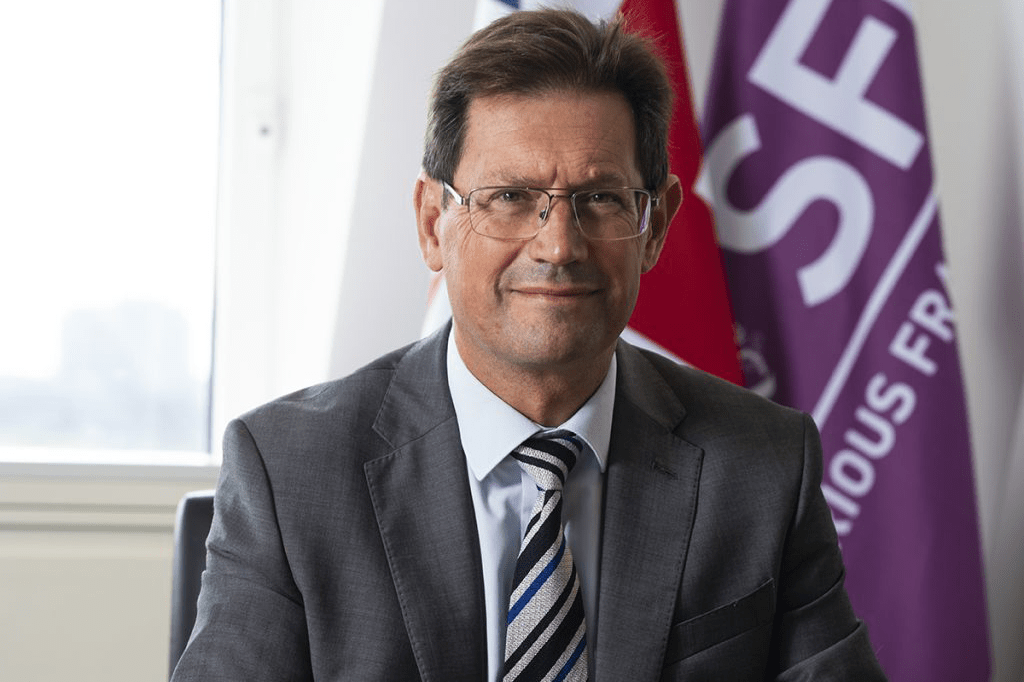An excellent interview in The Guardian recently with the head of the UK’s Serious Fraud Office (SFO), Nick Ephgrave, appears to have ruffled the feathers of at least one former SFO director.
In the piece, Ephgrave revealed that his role comes with the power to provide immunity to suspects in exchange for their cooperation – something a former director of the organization feels he should have neither “confirmed nor denied.”
If you were to read any of my previous commentaries about the SFO, you might feel that I was losing faith in the agency. And I have indeed been critical, not least for its inability to navigate complex investigations without invariably shooting itself in the foot.
This criticism has not been aimed at the rank-and-file investigators. It was directed squarely at a succession of senior management regimes, including directors, who seemed more interested in playing politics than leading troops to successful prosecutions. For the record, this criticism also applies to senior police officers, past and present, who likewise fancied themselves as politicians, thereby neglecting their primary role of managing their foot soldiers and looking after their officers’ backs.
The only way back for the SFO was either for it to be absorbed into the UK’s National Crime Agency (UK equivalent of the FBI) or for seasoned detectives with policing backgrounds to take the helm.
I have spent the past decade or more calling for the SFO to be revamped. After recent debacles, including the ENRC case (see also What can be learned from the SFO and ENRC saga), where the SFO management oversaw a series of schoolboy errors that led to cases being scrapped over elementary mistakes (including those related to disclosure), I said that the organization was in the “last-chance” saloon.
To my mind, the only way back for the SFO was either for it to be absorbed into the UK’s National Crime Agency (NCA – UK equivalent of the FBI) or for seasoned detectives with policing backgrounds to take the helm and steer it away from the rocks of its own making.
The appointment of former senior police detective Nick Ephgrave as the SFO’s director last year was a major step towards rehabilitating the organization. Ephgrave continues to surround himself with ex-policing colleagues, and I believe the shoots of recovery are there for all to see. Understandably, some SFO lawyers are probably concerned by this shift, but I believe that these changes could ensure their professional survival.
At our firm – MKS – I work with some of the most highly regarded asset recovery lawyers in the world. They are experts in investigating fraud, corruption and money laundering. The SFO has similarly qualified and experienced lawyers, but without proper leadership they have been left ineffective and drifting.
Quoted in The Guardian, one unnamed former SFO director saw fit to criticise Ephgrave for stating that his directorship role comes with the power to provide immunity to suspects in exchange for their cooperation.
“A former director of the SFO said they are ‘deeply shocked’ that Ephgrave confirmed this and that in doing so he has ‘set an entirely new and unhelpful precedent which is irresponsible at best”.’ They said: ‘It should always be neither confirm nor deny.’
As a former serious and organized crime detective, I think this statement tells you all you need to know about the previous SFO hierarchy and the total lack of understanding of investigative processes.
Criticism of Ephgrave for confirming that he can give individuals immunity from prosecution is a cheap shot.
Firstly, this is not a covert tactic being disclosed negligently by Ephgrave. It is not the use of a Covert Human Intelligence Source (CHIS) or some form of electronic intrusion. This is a power vested in the SFO director. By virtue of the fact that an individual has been given immunity from prosecution, it suggests that they will inevitably be giving evidence in court against their former associates.
Immunity from prosecution is not relevant to those who are whistleblowers, or those who are on the inside providing clandestine intelligence; people whose identity needs protection by the standard prosecution response of neither “confirming nor denying” the existence of a CHIS or Confidential Informant. Ephgrave has not “let the cat out of the bag” and it is nonsensical to state otherwise.
The point here is that criticism of Ephgrave for confirming that he can give individuals immunity from prosecution is a cheap shot. Ephgrave is eminently better-versed and much more experienced in Public Interest Immunity (PII) matters than the person uttering this criticism. The implication that Ephgrave has been naive is not only disingenuous in the context of this criticism, but inadvertently it has only served to bolster Ephgrave’s professional standing among his policing peers.
The details revealed in Ephgrave’s recent interview bode well for the reclamation of the SFO’s once-revered status as the UK’s premier investigative and prosecutorial agency against high-level white collar crime. Time will tell, but this influx of new blood and ideas from policing, in tandem with the expertise of the existing SFO investigators and lawyers, offers us all some hope.
Tony McClements is head of Investigations at Martin Kenney & Co (MKS), an international asset recovery litigation practice based in the British Virgin Islands.


















